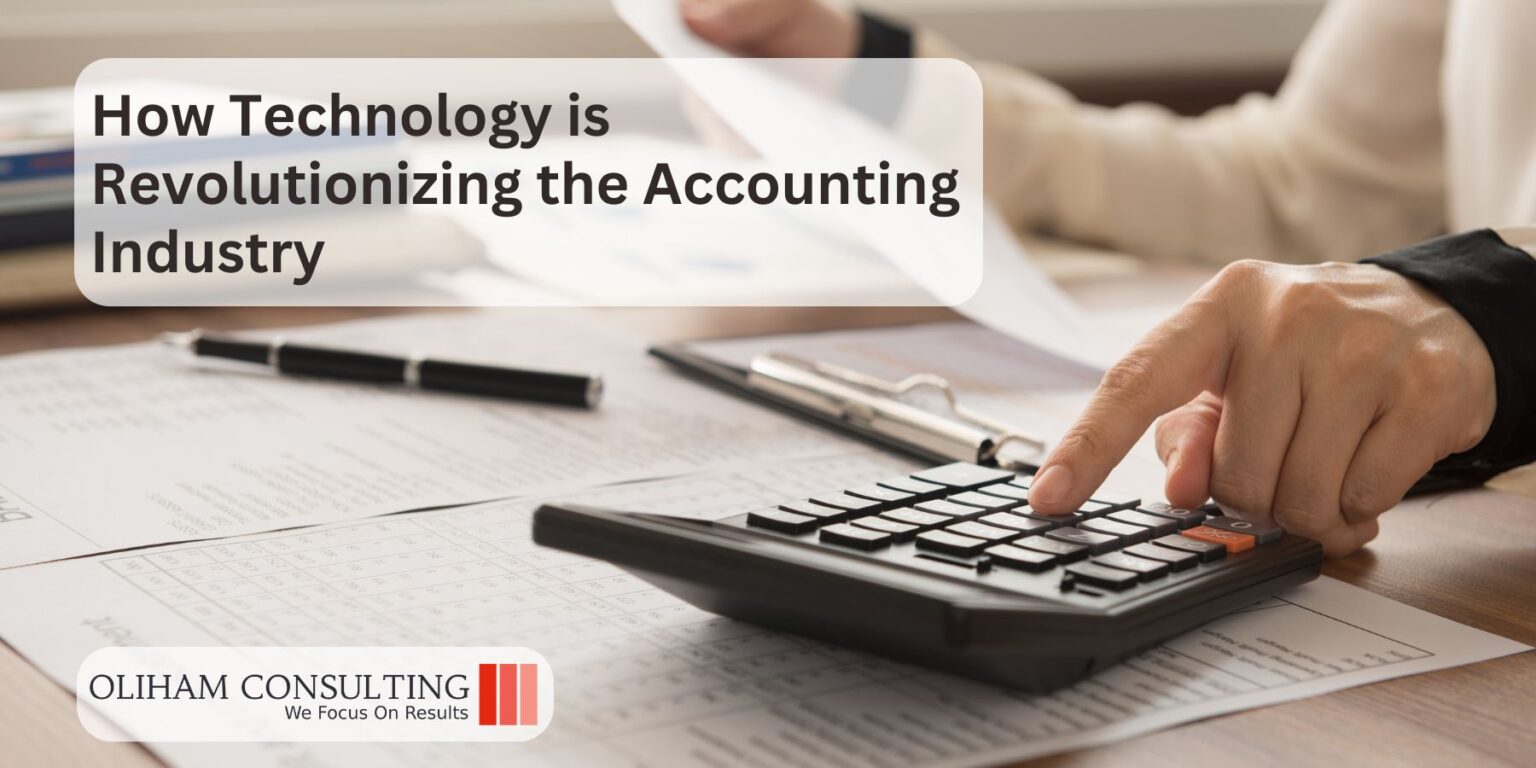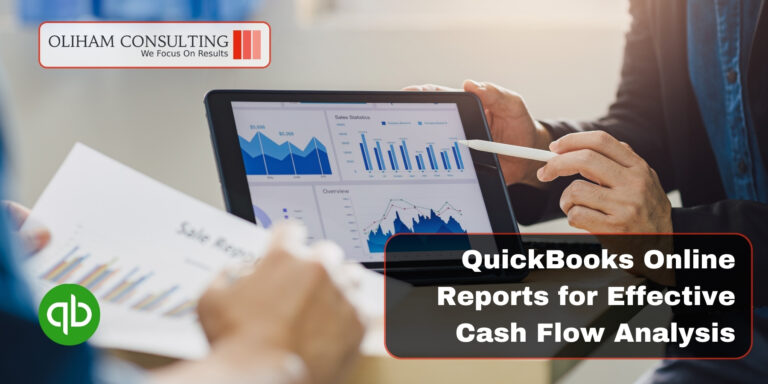Introduction: The Evolution of Bookkeeping and the Rise of Technology
In the ever-evolving landscape of finance and accounting, the role of bookkeeping has undergone a significant transformation. With the rise of technology and the advent of digital transformation, traditional bookkeeping practices are being revolutionized. This introduction explores the future of bookkeeping and how technology is reshaping this crucial aspect of financial management.
It is clear that technology is revolutionizing bookkeeping practices by enabling businesses to streamline their financial processes while ensuring accuracy and efficiency. The future holds immense potential as further innovations continue to reshape this vital aspect of finance. Join us on this journey as we uncover the possibilities that lie ahead in embracing technology-driven solutions for bookkeeping excellence.
The Benefits of Automated Bookkeeping and Accounting Systems
In today’s fast-paced business environment, automated bookkeeping and accounting systems have become indispensable tools for businesses of all sizes. With the advent of cloud-based accounting software and other time-saving technologies, managing financial records has never been easier or more efficient.
One of the key benefits of automated bookkeeping is the significant amount of time it saves. Gone are the days of manually entering data into spreadsheets or sorting through piles of receipts. With digital bookkeeping systems, transactions can be automatically recorded and categorized, reducing human error and freeing up valuable time for other important tasks.
Embracing automated bookkeeping and accounting systems brings numerous benefits to businesses. From saving time to improving accuracy and providing valuable insights into financial performance – these technologies are revolutionizing how companies manage their finances in today’s digital age.
1. Improved Accuracy and Reduced Human Error
In the world of bookkeeping and accounting, accuracy is paramount. Even the smallest error can have significant consequences for a business. This is where the role of AI technology comes into play.
AI-powered systems offer improved accuracy and reduced human error in bookkeeping and accounting processes. With automated data entry capabilities, these systems can quickly and efficiently process large volumes of financial data with minimal room for error.
Machine learning algorithms enable AI systems to learn from past data patterns, making them more adept at identifying and rectifying errors. By continuously analyzing and refining their algorithms, these systems become increasingly accurate over time.
By leveraging AI technology in bookkeeping and accounting practices, businesses can ensure error-free financial records, leading to more reliable financial reporting. This not only saves time but also minimizes the risk of costly mistakes that could impact a company’s bottom line.
In summary, the use of AI technology in bookkeeping and accounting brings forth improved accuracy through automated data entry and machine learning algorithms. By reducing human error, businesses can trust that their financial records are precise and reliable.
2. Enhanced Efficiency and Time Savings
In today’s fast-paced business environment, efficiency and time savings are crucial for success. This holds true for bookkeeping processes as well. Thankfully, with the advent of advanced automation tools and technology, businesses can now streamline their workflows and achieve enhanced efficiency like never before.
One of the key benefits of leveraging technology in bookkeeping is the ability to automate repetitive tasks. Mundane activities such as data entry, invoice processing, and reconciliation can be seamlessly automated, freeing up valuable time for bookkeepers to focus on more strategic and value-added activities.
By implementing time-saving automation tools, businesses can significantly reduce human error and improve accuracy in their bookkeeping processes. These tools not only eliminate manual data entry but also ensure that information is consistently recorded and updated in real-time.
Moreover, streamlined workflows with technology enable seamless collaboration between different stakeholders involved in the bookkeeping process. With cloud-based solutions, multiple team members can access relevant financial data simultaneously, eliminating bottlenecks caused by traditional methods of communication.
Overall, embracing efficient bookkeeping processes through the use of time-saving automation tools allows businesses to optimize their operations and allocate resources effectively.
3. Real-time Financial Insights for Better Decision Making
In today’s fast-paced business environment, having real-time financial insights is crucial for making informed decisions. Traditional methods of financial reporting often involve waiting for weeks or even months to receive updated financial statements.
Real-time financial reporting allows businesses to track their financial performance on a daily or even hourly basis. This means that decision-makers can stay up-to-date with the latest numbers and make timely adjustments to their strategies.
The benefits of real-time financial insights are manifold. Firstly, it enables proactive decision-making rather than reactive responses to financial challenges. Business owners can identify potential issues before they escalate and take corrective measures promptly. Secondly, it allows for better resource allocation as decision-makers have a clear view of where their money is being spent and how it impacts the overall profitability.
Moreover, real-time financial insights provide a competitive edge in today’s dynamic market landscape. By staying ahead of the curve and making data-driven decisions based on accurate information, businesses can seize opportunities and mitigate risks effectively.
In conclusion, embracing real-time financial reporting and leveraging data analytics tools for predictive insights is essential for modern businesses. It empowers decision-makers with timely information to make informed choices that drive growth and ensure long-term success in an ever-evolving marketplace.
The Role of Artificial Intelligence (AI) and Machine Learning (ML) in Bookkeeping
In today’s fast-paced business environment, the role of Artificial Intelligence (AI) and Machine Learning (ML) in bookkeeping has become increasingly significant. With the advent of advanced technologies, AI is revolutionizing the way financial data is processed and analyzed, making bookkeeping more efficient and accurate than ever before.
One of the key applications of AI in the bookkeeping industry is through ML algorithms for financial analysis. These algorithms can analyze large volumes of financial data, detect patterns, and identify potential risks or opportunities.
Another area where AI is making a remarkable impact is in expense tracking systems. Traditional methods of manual expense tracking are time-consuming and prone to errors. However, with AI-powered expense tracking systems, businesses can automate this process by capturing receipts, categorizing expenses, and generating detailed reports effortlessly.
Furthermore, AI can also assist in fraud detection by analyzing transactions for any suspicious activities or anomalies. This helps businesses mitigate risks and protect their financial integrity.
In conclusion, the integration of AI and ML technologies into bookkeeping brings numerous benefits such as improved accuracy, efficiency, and enhanced decision-making capabilities.
The Importance of Data Security and Privacy in Digital Bookkeeping
In the digital age, where financial transactions are conducted online and sensitive information is stored electronically, data security and privacy in digital bookkeeping have become paramount. Businesses must ensure that their accounting systems are equipped with robust security measures to protect financial information from cyber threats.
One of the key concerns in digital bookkeeping is safeguarding sensitive financial data from unauthorized access. Accounting systems should employ encryption methods and secure authentication protocols to ensure that only authorized individuals can access and manipulate the data.
Moreover, compliance with data privacy regulations is crucial for businesses engaged in digital bookkeeping. Regulations such as the General Data Protection Regulation (GDPR) require organizations to handle personal data with utmost care, including financial information.
The potential consequences of a data breach or non-compliance with privacy regulations can be severe for businesses. Apart from financial losses resulting from stolen or compromised financial information, companies may face legal penalties, reputational damage, and loss of customer trust.
In conclusion, prioritizing data security and privacy in digital bookkeeping is imperative for businesses today. By implementing stringent security measures, adhering to privacy regulations, and staying vigilant against emerging cyber threats, organizations can safeguard their financial information online while maintaining compliance with legal requirements.
The Changing Role of the Bookkeeper: From Number Cruncher to Strategic Advisor
In today’s digital age, the role of bookkeepers has undergone a significant transformation. Gone are the days when they were seen as mere number crunchers. With the advent of technology and automation, bookkeepers have evolved into strategic advisors, providing value-added services to businesses.
The integration of advanced accounting software and cloud-based platforms has streamlined traditional bookkeeping tasks, allowing bookkeepers to focus on higher-level analysis and financial planning. They now have more time to analyze data, identify trends, and provide critical insights that can help businesses make informed decisions.
Modernized accountants are leveraging their expertise in financial management to offer a wide range of value-added services. They are no longer limited to recording transactions and preparing financial statements; instead, they actively participate in budgeting, forecasting, and cash flow management.
Furthermore, the changing role of bookkeepers extends beyond numbers. They now act as trusted advisors who can interpret financial data for business owners and provide strategic recommendations for growth.
In conclusion, technology has revolutionized the role of bookkeepers from being mere number crunchers to becoming strategic advisors who offer valuable insights and guidance. By embracing advancements in accounting software and leveraging their analytical skills, modernized accountants play a crucial role in helping businesses thrive in an ever-changing economic landscape.
The Future Trends and Predictions for Bookkeeping and Accounting
The bookkeeping and accounting industry is undergoing a rapid transformation, driven by technological advancements and changing business needs. As we look into the future, several trends are emerging that will shape the landscape of this profession.
One of the most significant trends is the automation of repetitive tasks. With advancements in artificial intelligence and machine learning, manual data entry and reconciliation processes can now be automated, freeing up valuable time for bookkeepers to focus on more strategic activities.
Another trend that is gaining momentum is the integration of blockchain technology in accounting. Blockchain offers a decentralized and transparent ledger system that can revolutionize how financial transactions are recorded and verified.
Furthermore, as businesses become more globalized, there is an increasing demand for cloud-based accounting solutions. Cloud technology allows for remote access to financial data from anywhere at any time, enabling seamless collaboration between accountants and clients. It also ensures data backup and protection against physical disasters or hardware failures.
In conclusion, the future of bookkeeping and accounting holds exciting possibilities with automation driving efficiency gains and blockchain reshaping traditional practices. Embracing these trends will empower professionals in this field to deliver higher value services while staying ahead in an ever-evolving industry.
Conclusion: Embracing Technology for a Bright Future in Bookkeeping
In conclusion, embracing technology is crucial for a bright future in bookkeeping. Adapting to technological advancements is not just a choice, but a necessity if you want to stay ahead in the digital age. By incorporating innovative software and tools into your bookkeeping practices, you can streamline processes, increase accuracy, and save valuable time.





